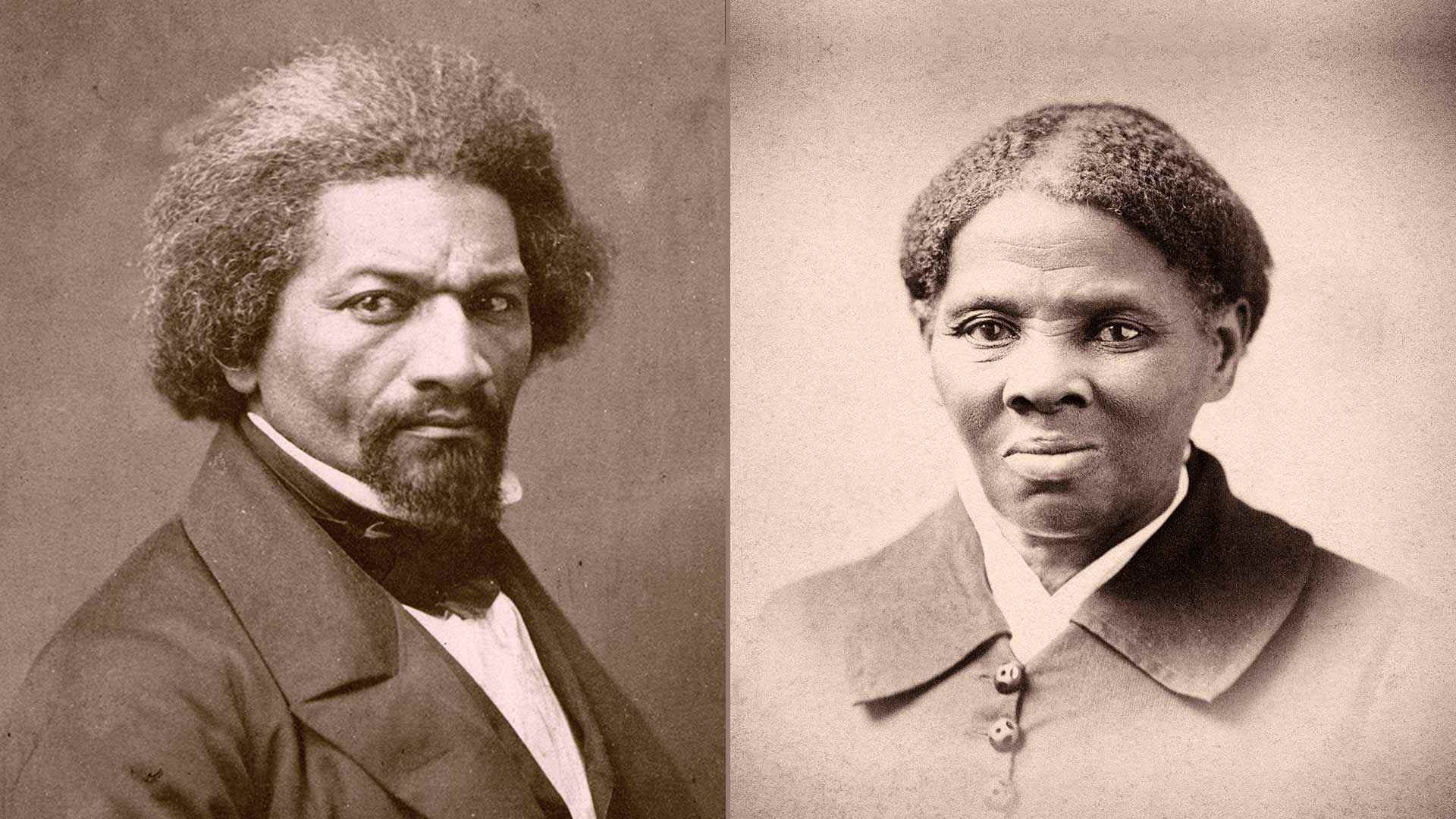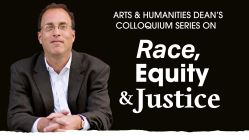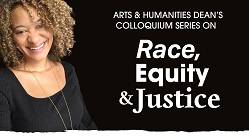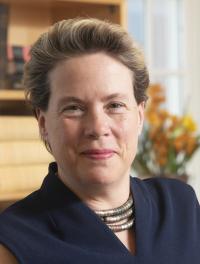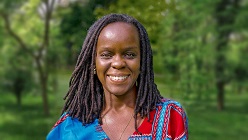By Jessica Weiss ’05
As New York Times journalist Nikole Hannah-Jones prepared to publish “The 1619 Project” in August 2019, she expected it to ignite controversy. An exploration of the legacy of slavery timed to the 400th anniversary of the arrival of the first enslaved Africans to Virginia, it offers a new American origin story—one that doesn’t begin with the Pilgrims or the signing of the Declaration of Independence.
But Hannah-Jones never imagined that The New York Times Magazine project—now transformed into a book—would draw such ferocious opposition that it would be outlawed in schools in a number of states, and even used in former President Donald Trump’s impeachment trials and the confirmation hearings of Judge Ketanji Brown Jackson to the U.S. Supreme Court. Intended as a work of journalism “that uses history to explain the way slavery is shaping our society today,” critics have accused Hannah-Jones of rewriting history itself.
On Tuesday evening, Hannah-Jones, the inaugural Knight Chair in Race and Journalism at Howard University and winner of a Pulitzer Prize in commentary for her essay on the project, took the stage at the Kay Theatre in The Clarice Smith Performing Arts Center to discuss the project’s goals and impact and the incredible backlash it generated.
“Of course we’ve all largely only learned one story: that we were the freest, greatest country in the history of the world, the only country founded on an idea, the only country founded with a constitution that professes to imbue us all with inalienable rights,” she told the animated crowd. “If you read the project, you can’t see your country the same way. And that’s a powerful thing.”
Hannah-Jones’ visit was the latest installment of the College of Arts and Humanities’ Dean’s Lecture Series, co-presented by the Colvin Institute of Real Estate Development at the School of Architecture, Planning and Preservation, and HAND, the Housing Association of Nonprofit Developers. She was in conversation with ARHU Dean Bonnie Thornton Dill, a pioneering scholar of intersectionality. It was Thornton Dill’s final Dean’s Lecture Series event; she will step down next month after 11 years at the helm and over 30 years at UMD.
Here are some of the takeaways from the discussion:
The United States has more than one story: “We [called the project] a new origin story, not the new origin story for a reason. There could never be one, there should never be one, especially in a multiracial society like we live in. You could certainly tell the story of America through Indigenous people, and it would tell you a very different side and give you a different depth. You could tell it through women, through the LGBTQ+ community. We have to question the histories we’ve been taught: Who do they serve and who do they leave out?”
Black contributions have been systematically excluded: “So much of my desire to bring ‘The 1619 Project’ into the world began as my quest as a child to see myself in the story. I kind of believed we weren’t being taught anything about Black people because we must not have done much. They talk about slavery because they have to discuss the Civil War and then we disappear for 100 years and show up in the March on Washington, and there’s nothing in between. As a 16-year old, when I took my first Black studies class as a high school elective … I became empowered by the knowledge that there was history, there was literature, there was art, but also really angry that people had made the decision not to teach it to us.”
Inequities in housing and education are part of the legacy of slavery: “Housing and schools are the two areas of civil rights we’ve made the least progress on because they’re the two areas that are the most intimate. And they’re tied together, they feed each other. And this is where white progressive support for equality falls off. If you want to see how many progressives actually live their values, talk about building some affordable housing in their neighborhood. And schools are even more segregated than housing. Black Americans are the most segregated group in housing and schools to this day, and that is because we descend from slavery. And we don’t talk about it that way.”
So-called “critical race theory” (CRT) laws are part of a larger push for power: “I call these anti-history laws, anti-memory laws, anti-Black laws, but not anti-CRT laws because that’s not what they are. These laws are about driving a wedge, about stoking white resentment to justify other regressive policies. The same states that are passing these anti-history laws are also passing laws to overturn Roe, they’re also passing laws against trans children, the LGBT community, targeting disfavored groups to pave the way for power.”
The Supreme Court may be headed down a dark path: “We are in a scary period. And if we sit still… you think they’re done? There’s already talk about challenges to gay marriage. The Supreme Court is seeing the case that will overturn affirmative action. So, we’re going to have to decide what kind of country we’re going to accept.”
Hannah-Jones doesn’t plan to stop doing this work: “I spend a lot of time thinking about my grandma, born in 1926 on a cotton plantation in Mississippi. She had a fourth-grade education. When my father was 2 years old, she packed him and his older brother up and got on a train, determined that her children were never gonna pick cotton. She ended up in Iowa [and] she wasn’t to have that American dream, but she planted seeds. She wasn’t able to see the future she wanted, but she produced it. It’s easy for me to do what I do, because every day I feel so incredibly blessed. On my worst day, I know an iota of what she went through, or what most of our ancestors went through. But instead I get to read, I get to think and I get to write things that I hope will move people to build a better country. And I can’t imagine a better life.”

